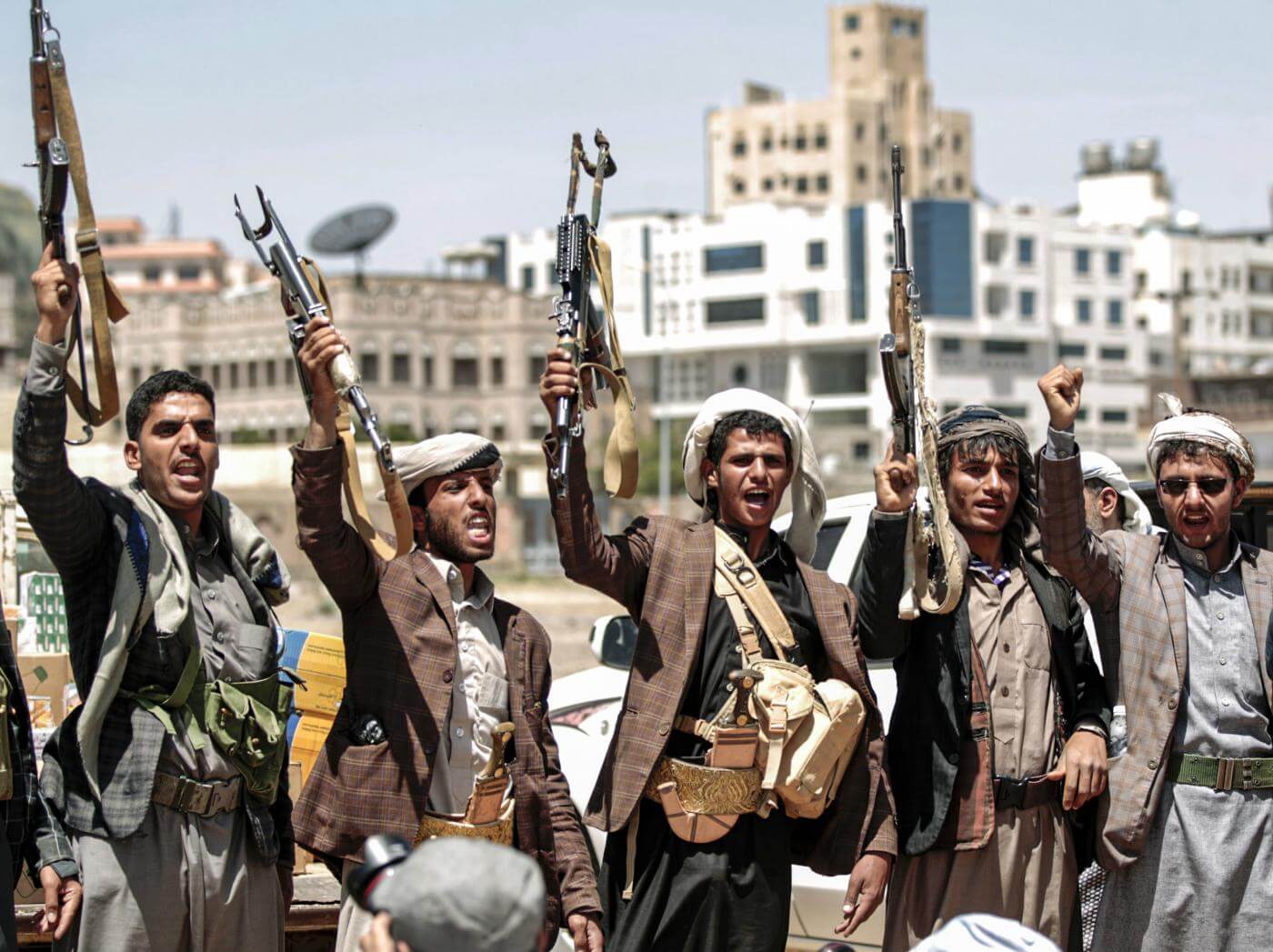In a shocking attack demonstrating the growing capabilities of Yemen’s Houthis, Saudi Arabian oil facilities, including Saudi Aramco’s, were struck by unmanned drones and ballistic missiles on Thursday, marking a serious escalation in the Yemeni conflict. The attack, which was launched by the rebels in Yemen, was the second such incident in a week and was successfully intercepted by Saudi air defences, resulting in minimal damage.
According to Gen. Turki Al-Maliki, spokesperson of the Saudi-led coalition in Yemen, the kingdom “intercepted and destroyed” four Unmanned Aerial Vehicles (UAVs) and five ballistic missiles aimed at the Saudi city of Jazan, which lies on the southwest corner of the Kingdom, bordering Yemen. The official also said that the Houthi militia “attempted to target a number of civilian objects” including Jazan University, where a limited fire broke out as a result of the missile’s debris. This was immediately contained without any casualties
A Yemeni human rights report recently found Houthis have attacked 674 civilian targets in 2020, an increase of 28% from the year 2019. The Houthis regularly target vital Saudi infrastructure and civilian areas, including the Saudi Royal Palace.
Rebels have also ramped up their offensive against coalition forces in the governorate of Ma’rib, the last major stronghold of the internationally recognised government of Yemen led by President Abdrabbuh Mansur Hadi The Ma’rib campaign could lead to a humanitarian crisis by potentially displacing 385,000 people. If successful in Ma’rib, the Houthis would be a step closer to the border with Saudi Arabia, which could further destabilise the region.
Last month, Riyadh had proposed a peace initiative aimed at ending the brutal war and “reaching a comprehensive political resolution” with the Houthis. However, the Iran-backed rebels immediately rejected the proposal, calling for a complete removal of the blockade on the Hodeidah Port imposed by the coalition forces.
The Houthis are believed to be close to Iran, which has been backing them financially and militarily since 2014. Tehran has also shown support for the Houthi’s National Salvation Government that was formed in 2016 as Yemen’s unofficial executive body. Saudi Arabia and its allies are concerned about an increasing Iranian footprint in the region.
Thursday’s attacks were also criticised by actors across the globe, especially by the Kingdom’s Arab neighbours; Jordan, Bahrain, Egypt, United Arab Emirates (UAE), and Kuwait released separate statements condemning the attacks. UAE’s Foreign Ministry also said that “these systematic terror attacks by the Houthis reflect their blatant disregard for the international community and all international laws and norms.” Furthermore, outside of the region, United States (US) State Department spokesperson Ned Price remarked that the actions by the Houthis “perpetuate the conflict in Yemen.”
Houthis Attack Saudi Facilities in Jazan Using Drones, Ballistic Missiles
The attack, which was launched by the rebels in Yemen, was the second such incident in a week and was successfully intercepted by Saudi air defences.
April 16, 2021

SOURCE: ASSOCIATED PRESS
